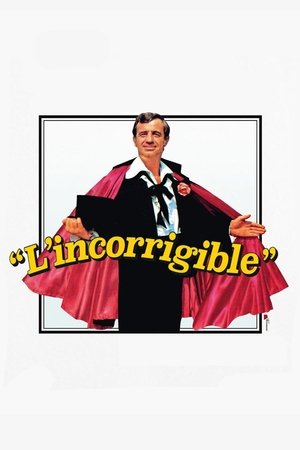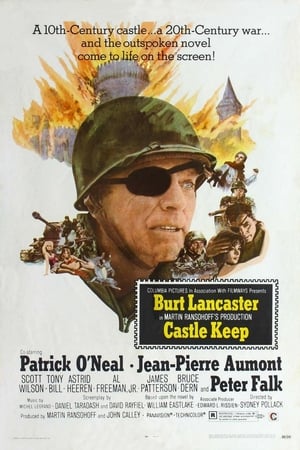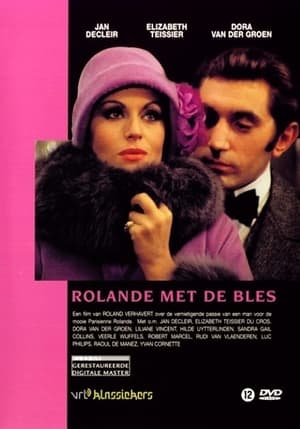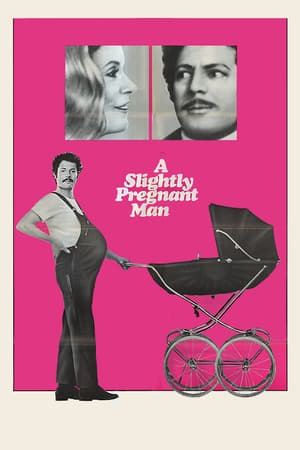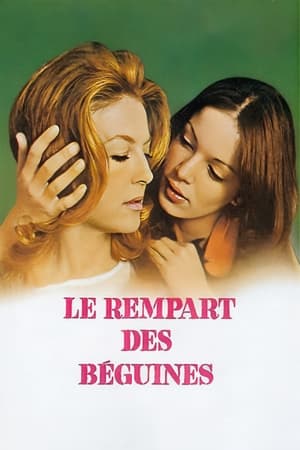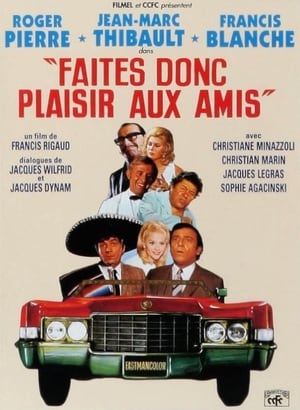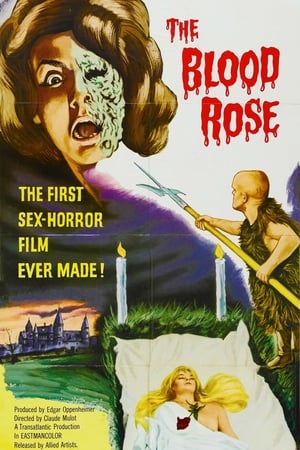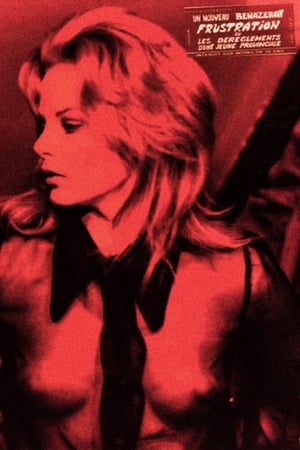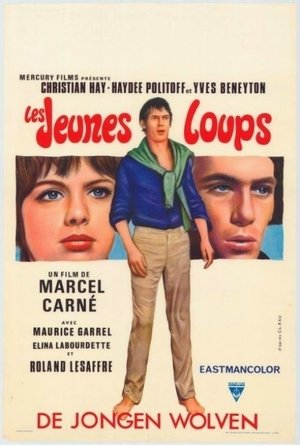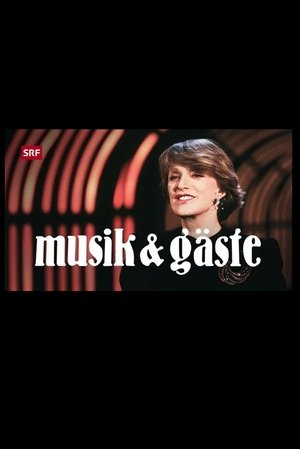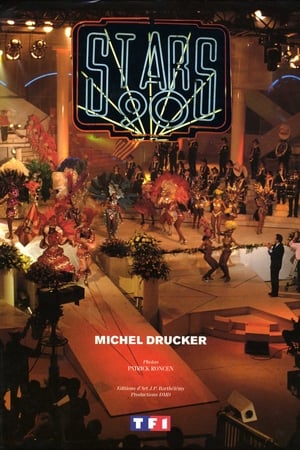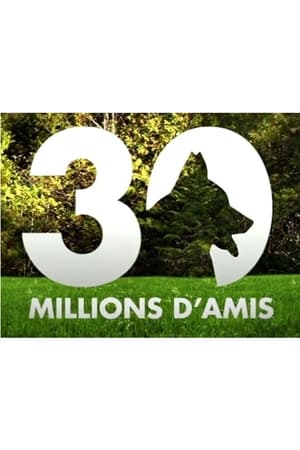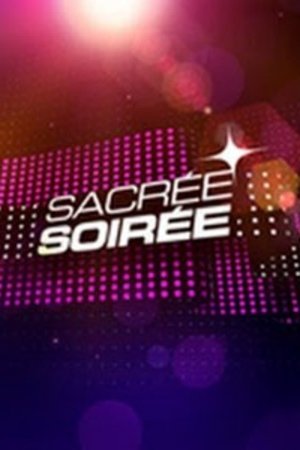Biography
Élizabeth Teissier, née Germaine Élizabeth Hanselmann (born 6 January 1938) is a French astrologer and former model and actress. Between 1975 and 1976, she created a daily horoscope on French television channel Antenne 2, and in 1981, she launched the Astro Show television programme in Germany. Her personal clients included former President of France François Mitterrand, and she has published several books on astrology. A test that compared her predictions against common sense and chance failed to show any evidence of her having any special powers.
She has been involved in several controversies, including the award of a Doctorate in Sociology for her thesis which argued that astrology was being oppressed by science. Her work was contested by the scientific community; criticisms included the alleged failure to work within the field of sociology and also lacking the necessary scientific rigour for a doctoral thesis in any scientific field. The university and jury who awarded the degree were harshly criticised, though both they and Teissier had supporters and defenders.
In 2015, Teissier unsuccessfully sued the Wikimedia Foundation, claiming that the French Wikipedia article about her damaged her reputation.
Born to a Swiss father and a French mother, she married André Teissier du Cros in 1960. She gained a Masters in Modern Literature in 1963 and a Bachelor of Arts in Literature in 1992.
Between 1965 and 1975, she acted in a dozen films, including mainly soft erotic films, but also ones directed by Sydney Pollack (Castle Keep, 1969), Marcel Carné, Philippe de Broca and Yves Robert. She has also worked as a model, notably for Coco Chanel.
In 1968 she became a student of the astrologer Henri Joseph Gouchon on the advice of Federico Fellini. Afterwards, from 1975 to 2009, she had several astrological columns, presented astrology on television, and published pleas for astrology's recognition.
From 1989, she advised the French President, François Mitterrand, who consulted her regularly at the Élysée Palace. Her advice covered both personal matters, such as his health, and matters of state such as the Gulf War and the timing of the Maastricht Treaty referendum. She released transcripts of their recorded conversations four years after his death. For example, he said, "You once told me there were days when it was better to talk, and days when it was better not to talk. When is the next best day for me to speak? Could you check for me?"
Source: Article "Élizabeth Teissier" from Wikipedia in English, licensed under CC-BY-SA 3.0.

